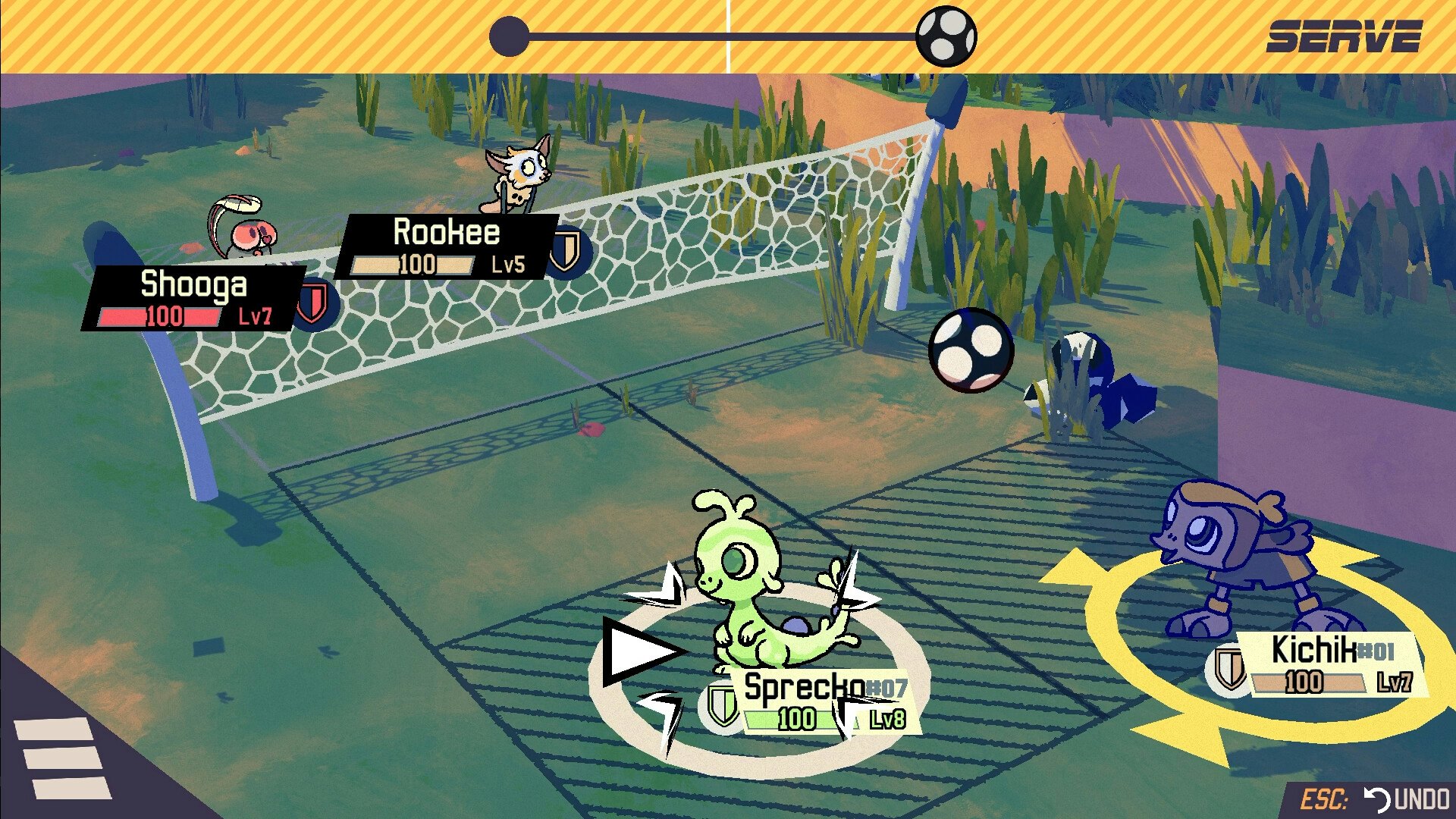
Indie game developers were sent scrambling in September, after Unity announced unexpected and controversial fees for the use of its engine. Now, some of those developers may have a viable new home, thanks to an announcement from GameMaker, the engine used to build indie darlings like Undertale.
GameMaker’s reveal is something like Unity’s non-evil twin. Where Unity sought to impose fees for every time a game was downloaded — a policy which it has since walked back — GameMaker is removing a highly unpopular fee for its own engine.
GameMaker is totally free for non-commercial purposes, and it’s replacing its subscription model with a one-time payment, according to a November 21 announcement. Developers who want to sell their games now have to pay a one-time $99 fee instead of $9.99 per month. If developers had already made monthly payments under the old subscription model, they’ll get a discount on the total fee.
Whereas Unity’s announcement was met with vitriol, developers by and large came out in support of this week’s update, which makes GameMaker a far more attractive option for developers early in their careers.
“GameMaker is the engine I grew up using ever since I was 12 years old,” Greg Lobanov, director of the GameMaker hit Chicory, tells Inverse. “To this day, I still think it’s a fantastic option for learning how to make your first game, especially if you’re interested in 2D games.”
It’s no accident that GameMaker is great for teaching new developers.
“[GameMaker] was originally developed for students decades ago, and some of that DNA is definitely still notable in today’s version,” Rami Ismail, co-founder of developer Vlambeer, tells Inverse. “It’s far easier to pick up, and the GML programming language they use is more forgiving, more accessible, and focused on making complex code problems commonly found in games easy to implement.”
Ismail notes that even developers who build their games in other engines will still have use for GameMaker.
“Because so many things have been made incredibly accessible, creating a quick prototype in GameMaker can be halfway done in the time it takes certain other engines to update and boot up,” Ismail says. “Even if I'm working on a 3D game in another engine, I'll still find myself booting up GameMaker to prototype something.”
GameMaker’s recent announcement reverses a policy change that introduced a subscription fee back in 2021. Exporting games to consoles still requires an ongoing subscription, but the new licensing fee structure removes a major barrier for developers making PC games.
Part of what makes GameMaker an especially helpful learning tool is the fact that the non-commercial license will still allow games to be published for free on platforms like Itch.io. That gives developers who are just starting out the ability to create and distribute games for no cost while they work up to releasing a paid game.

But as developers have pointed out, GameMaker is more than just an engine for beginners.
“Over the years, GameMaker has matured into a very capable 2D games engine,” Ismail says. “It can now be used for professional game development quite well.”
Just as GameMaker’s approachability makes it a top choice for beginners, it also means 2D game developers don’t have to work with more complex systems originally designed to make very different kinds of games. Along with Chicory and Vlambeer’s Nuclear Throne, indie hits including Hyper Light Drifter, Hotline Miami, and this year’s Pizza Tower were all developed using GameMaker.
“Nowadays I’m on the other end of the spectrum, making giant commercial projects that push the engine to its edges (like Beastieball),” Lobanov says. “But I still love the engine and don’t see myself changing anytime soon.”







